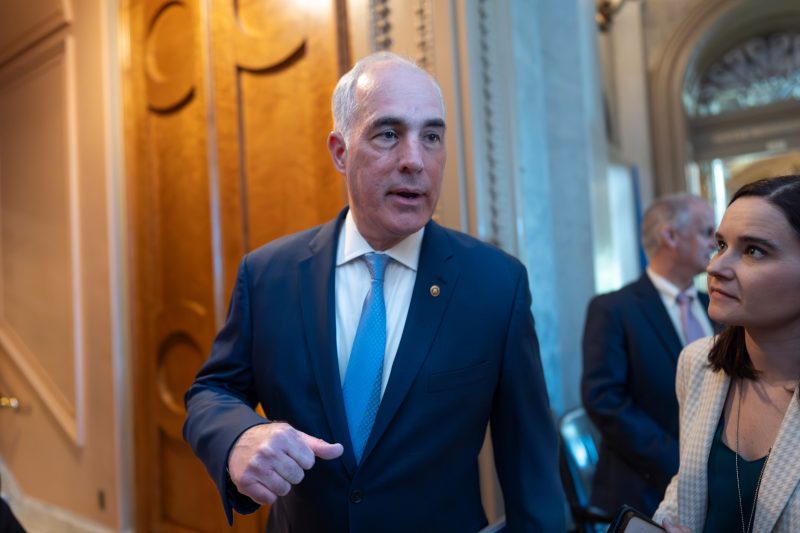
Democrats Fingers Crossed: Pinning Poll Woes on Biden, Not Policies
The recent election results have left the Democratic Party facing a challenging reality – the possibility that their policy platform, not just their candidate, may be contributing to their underperformance in key races. This concern comes on the heels of disappointing poll numbers leading up to the election, prompting many in the party to reflect on whether their messaging and policy priorities are resonating with voters.
In the wake of the election, some Democrats have pointed to President Biden as the primary factor behind the party’s struggles. They argue that his approval ratings and the public perception of his leadership have been a drag on Democratic candidates. While it is true that Biden’s standing with the electorate has slipped in recent months, it may be overly simplistic to attribute the party’s challenges solely to him.
Critics of this view point to the fact that several Democratic candidates in crucial races distanced themselves from Biden and his administration’s policies, particularly on issues like immigration, crime, and inflation. These candidates sought to establish an independent identity and emphasize their opposition to certain aspects of the Democratic agenda in an effort to appeal to more moderate and swing voters.
The debate within the party reflects a broader tension between progressive and moderate factions over the direction of Democratic policy. Progressives argue that the party’s platform should be bolder and more ambitious, reflecting the urgent need for action on issues like climate change, healthcare, and income inequality. They believe that Democrats have not gone far enough in addressing these pressing challenges and that a more forceful approach is needed.
On the other hand, moderates warn that adopting too progressive a platform risks alienating centrist voters and jeopardizing the party’s electoral prospects. They emphasize the importance of appealing to a broad coalition of voters, including independents and disaffected Republicans, and caution against moving too far to the left on key issues.
The results of the recent election have reignited this debate and intensified calls for the party to reassess its approach to policy and messaging. Some Democrats argue that a recalibration is needed to better connect with voters and regain lost ground ahead of the next election cycle. They stress the importance of crafting a vision that is both compelling and pragmatic, addressing the concerns and aspirations of a diverse electorate.
In the coming months, Democrats are likely to engage in a spirited debate over the future of the party and the direction it should take on key policy issues. The outcome of these discussions will not only shape the party’s electoral prospects but also determine its ability to effectively govern and address the pressing challenges facing the country. As Democrats grapple with the fallout from the recent election, the question remains: was the party’s poor showing due to a Biden problem or a policy problem? The answer may well determine the course of the party for years to come.
